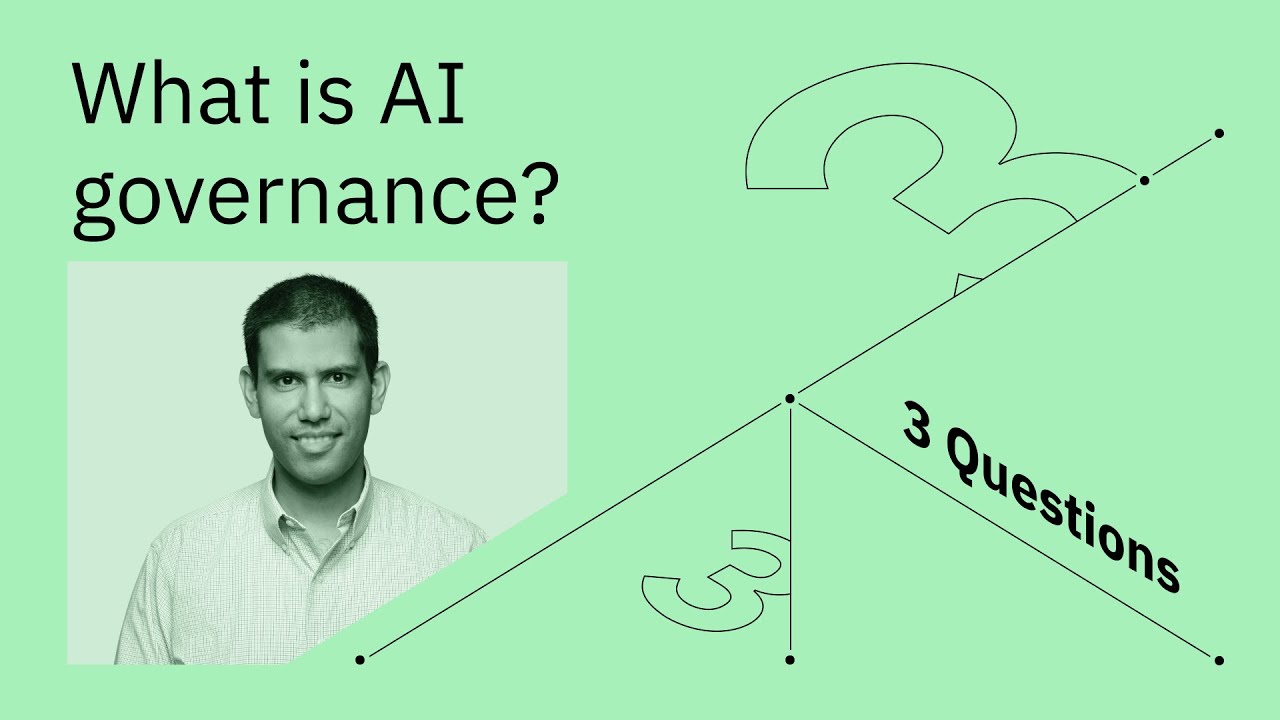
Presently, several research initiatives are underway in the field of AI safety. These include:
-
Deception in Language Models (LLMs): This area of study is centered on comprehending the potential for language models to generate misleadingly misaligned policies, which could lead to existential threats from artificial intelligence.
-
Defining and Mitigating Collusion: The objective here is to establish formal definitions of collusion among learning agents to avoid collective gains at the cost of others. This is particularly crucial in situations where AI systems have control over substantial resources.
-
Understanding CCS (Consequentialist Corrigibility and Scalable Oversight): The focus here is on extracting hidden knowledge from sophisticated AI systems, even when they might have reasons to deceive. The goal is to create controllable AI systems.
-
Alignment of AI Systems: In this context, efforts are being made to ensure that advanced AI systems’ objectives align with what’s best for humanity. This is done to prevent unexpected behaviors that may arise if these agents pursue arbitrary power or resources.
-
Search in Transformers: Here, the emphasis is on understanding how transformers execute search processes within AI systems. The aim is to align them with human preferences and reduce risks linked with advanced AI capabilities.
-
Emerging Processes for Frontier AI Safety: This involves creating voluntary safety protocols for companies developing frontier AI models. Practices such as red-teaming, responsible data collection, and auditing during design, development, and deployment phases are included.
These projects tackle vital elements of AI safety, spanning from deception in language models to ensuring alignment with human values and reducing risks associated with cutting-edge AI technologies.


